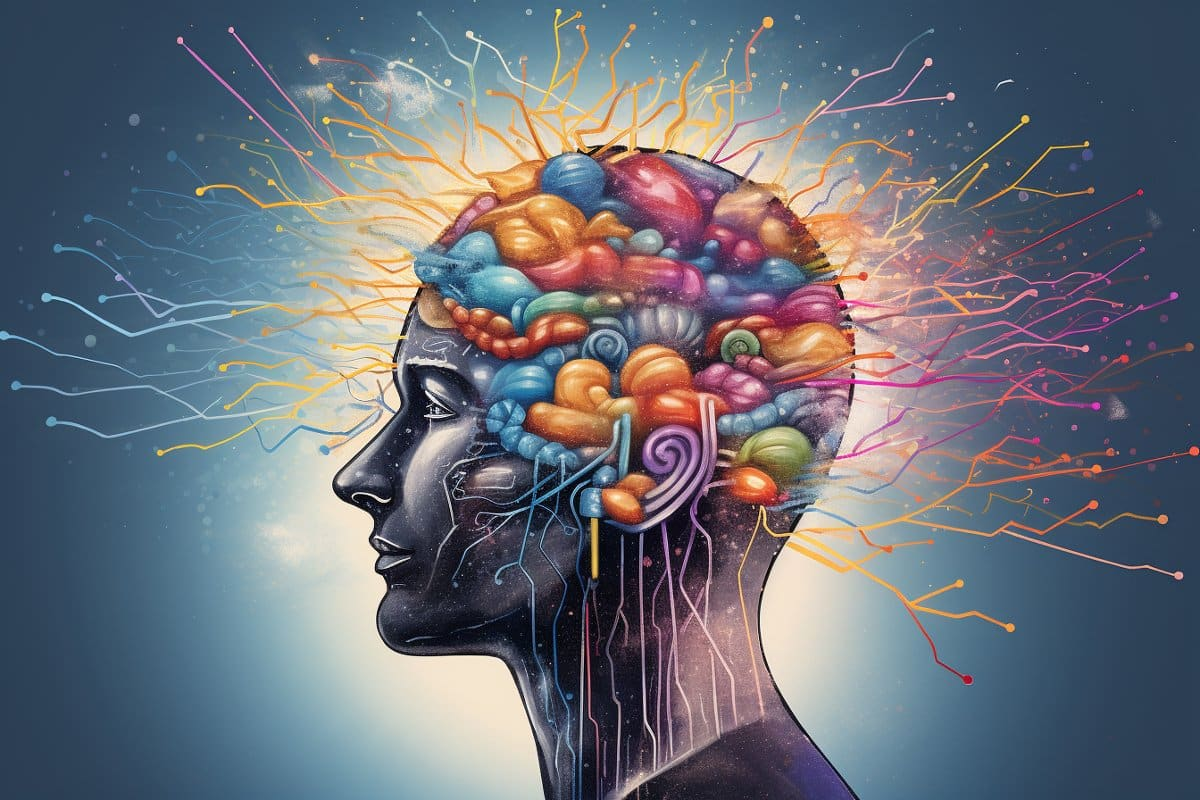Eesha Week 13: The Undervalued Unconscious

Walden University The Undervalued Unconscious Sleep is often described as our body's "reset button," but as we all know the significance of sleep goes beyond its identification as mere rest. Recent research goes to show the critical role sleep plays on one's memory consolidation. Each night, as we lie down and close our eyes, our bodies enter the unconscious. Where we not only dwell in the process of rejuvenation and relaxation, but also where our minds perform various cognitive activities such as offline or overnight learning. Studies show that newly acquired skills are faced with superior retention following sleep in comparison to wakefulness. In our non-REM stage 3 of sleep, through a routine known as slow-wave-sleep, our brain's neural patterns facilitate information from our short-term memory to our long-term memory. For example, you’re more likely to recall something you've done right before going to sleep in...
.png)





